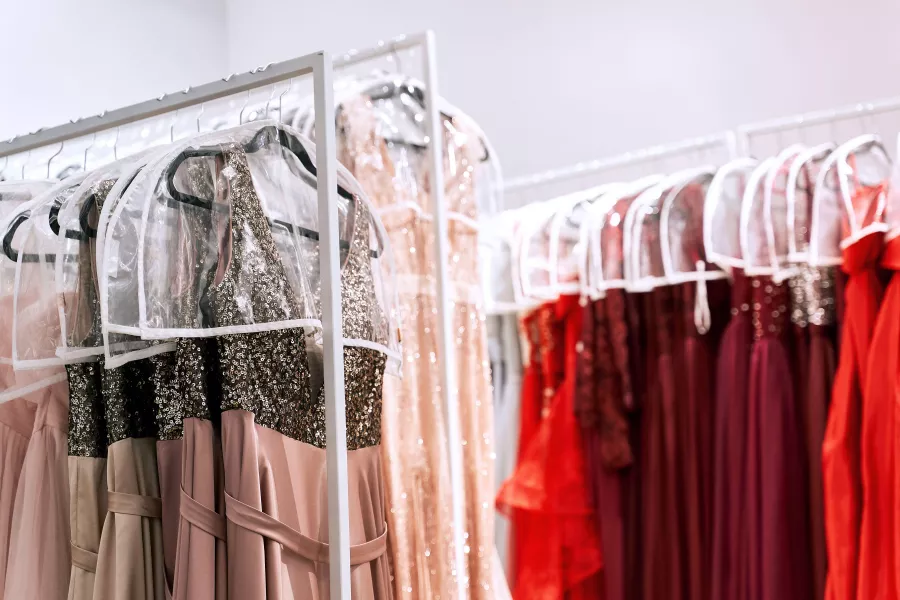January is often a month when people decide to turn over a new leaf – and for some, this could mean trying to lead a greener lifestyle.
Choosing to live more ethically doesn’t necessarily mean spending more cash – there could even be ways to make savings.
Here are some suggestions from Elle McAtamney at TopCashback (topcashback.co.uk)…
Heard of ethical investing? Find out more: https://t.co/DXO1hKe9lc pic.twitter.com/7TmRs9WOGG
— MoneyHelper (@MoneyHelperUK) July 29, 2019
Advertisement
1. Consider ‘impact investing’
People making impact investments aim to help society and the environment, as well as making a financial return.
First, McAtamney suggests considering the issues that are important to you, and whether your main objective is the potential financial gains or the social or environmental benefits.
She adds: “Whatever your values or objectives, do your research and educate yourself on the companies you want to invest in, and the types of investments suitable to you and your budget.”
Remember the value of investments can go down as well as up. The Financial Conduct Authority (fca.org.uk) has a “warning list” of firms on its website, to help people avoid investment scams.
Making smart eco-friendly decisions isn't always easy.
So this #NationalConsumerWeek we're here to help you make smart green decisions.
For tips on how to be #GreenAndWise go to the #NCW website ⤵️https://t.co/eaucNs0d6V pic.twitter.com/aHTf468HEH— CitizensAdvice (@CitizensAdvice) December 6, 2021
2. Remember bulk buying can sometimes be a false economy
Research by TopCashback found people waste over €200 per year on average due to bulk-bought items going unused. Not only does this harm wallets, but it also harms the environment.
McAtamney says: “When you do a food shop, make a list, keep your eye out for genuine offers, and work out the cost per item to make sure you are in fact getting a good deal.”
3. How ‘green’ is your bank or building society?
Several providers have made commitments regarding their impact on the world we live in, so find out what your provider is doing – and if you’re not happy, you could consider switching.
For example, Triodos Bank in the UK (triodos.co.uk) publishes details of the organisations it finances on its website, and the Co-operative Bank (co-operativebank.co.uk) has an ethical policy shaped by customers.

4. Rent your wardrobe
McAtamney says: “Renting clothes is eco-friendly, financially savvy and on the rise!
“It’s also smart to rent clothes you won’t wear for a long time or often (maternity clothes or special occasion wear, for example). Some companies offer subscriptions, making it super easy to rent and renew your wardrobe every month, if you so wish.”
5. Save while being sustainable
TopCashback has a “green cashback” category, helping shoppers find brands supporting ethical and sustainable choices. And if you’re saving into a workplace pension, ask your provider about its ethical credentials.







